#first french empire
Text
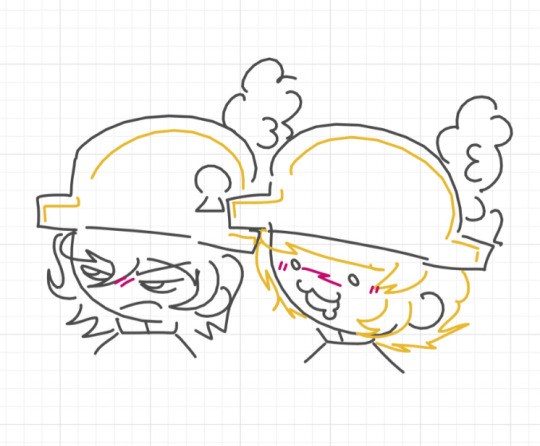
little doodle i never posted HAHAH
my precious naps and juno
#art#my art#fanart#ship art#napoleonic era#napoleon#napoleon bonaparte#first french empire#napoleonic wars#jean andoche junot#napjuno#french empire#french revolution#history fanart#history fandom#history#french history
32 notes
·
View notes
Text
Citizen Cooks in the Age of Napoleon
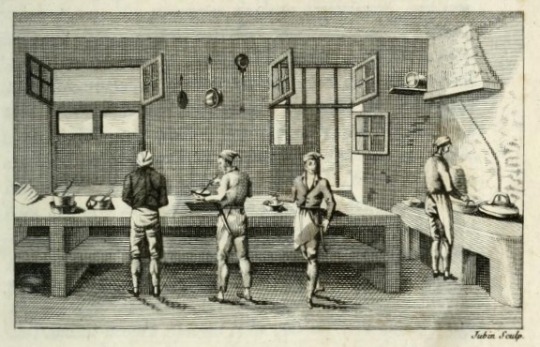
Excerpt about the role of cooks in France after the abolition of culinary guilds, and how they navigated a world which demanded for them to find new ways to stay relevant and prosperous. From Defining Culinary Authority: The Transformation of Cooking in France, 1650-1830 by Jennifer J. Davis:
French cooks sought new sites upon which to rebuild the authority of culinary labor. Throughout the early nineteenth century cooks increasingly adopted scientific terms to demonstrate their reliability and profound knowledge of the culinary arts. Such language communicated the author's education and distinction, just as an appeal to an elite patron had done in the 1660s and referral to a cook's professional expertise had done in the 1760s. The rhetoric and institutions of scientific knowledge also provided a means of distinguishing men's work from women's in the post-revolutionary era. During the early nineteenth century, cooks' claims to scientifically valuable savoir-faire rested on three crucial points of culinary innovation: food preservation, the improved production of bouillon, and gelatin extraction.
As these processes left the realm of traditional knowledge and became sites of scientific inquiry by tradespeople and amateurs alike, cooks sought to maintain authority in this arena by including scientific terms and theories in cookbooks, advertisements, and government petitions.
Two factors encouraged cooks' claims to scientific knowledge during this era. First, when Napoleon Bonaparte took the reins of government as first consul in 1799 and established himself as emperor in 1804, he raised medical doctors and academic scientists, Idéologues, to positions of political prominence. From these posts, the Idéologues subsidized experiments and inventions deemed useful to the nation and encouraged the popularization of science in the public sphere through state sponsorship of exhibitions and print forums. The Idéologues particularly supported research related to food preparation and preservation that might benefit France's armies and navies, with obvious benefits for professional cooks. Many cooks presented their particular techniques to the government during this time, seeking both financial recompense and public acclaim. Second, a voluntary association closely allied with the Idéologues' vision, the Société d'encouragement pour l'industrie nationale (Society for the Encouragement of National Industry), provided a forum in which formally trained scientists, politicians, merchants, artisans, and curious educated men might unite to address questions that inhibited French science and industry.
Together, these men sought to develop a more coherent program for industrial advancement than any one group could achieve independently. The society explicitly sought to join scientific knowledge to artisanal practical expertise, recognizing that each group had strengths that would benefit industrial development. This association invested heavily in three diffuse projects that eventually infused the most basic culinary processes with scientific awareness: new methods of food preservation to benefit the nation's armies and navies, new methods of stock preparation to sustain the nation's poor, and new methods of extracting gelatin from bones to improve hospital and military diets at little added expense.
#Illustration from L'art du Cuisinier by Antoine Beauvilliers (1814)#Defining Culinary Authority: The Transformation of Cooking in France 1650-1830#Jennifer J. Davis#David#citizen cooks#napoleon#napoleon bonaparte#napoleonic#napoleonic era#first french empire#french empire#19th century#french revolution#cooks#food#culinary history#france#1800s#history#french history#Antoine Beauvilliers#Beauvilliers#Society for the Encouragement of National Industry#Société d'encouragement pour l'industrie nationale
25 notes
·
View notes
Text
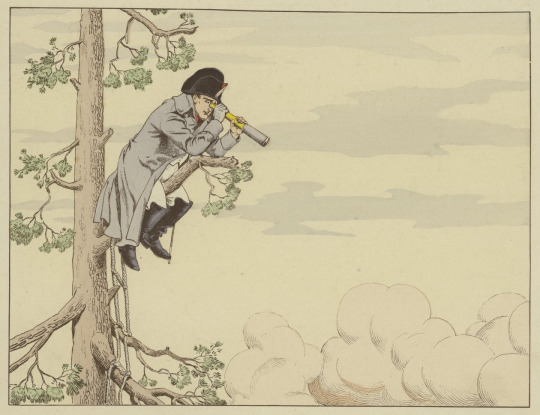
Napoleon observes the Battle of Aspern-Essling from the top of a tree on the Island of Lobau, 22 May 1809
by Jacques Onfroy de Bréville
#jacques onfroy de bréville#job#art#napoléon#napoleon#emperor#napoleon bonaparte#napoléon bonaparte#telescope#telescopes#napoleonic wars#battle of essling#battle of aspern essling#lobau#island#napoleonic#france#french#french empire#first french empire#europe#european#history
114 notes
·
View notes
Text
Rating portraits of Napoleon as if they were fashion photoshoots
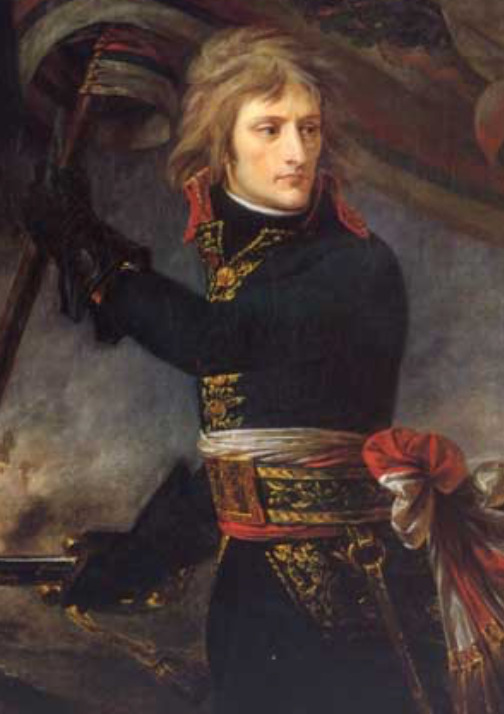
He does the job and shows off his outfit properly, and poses as if he's on a battlefield to show off his military fashion, but his blank facial expression ruins the moment. Look at those eyes. He looks tired, and that is not a good look. 6/10.
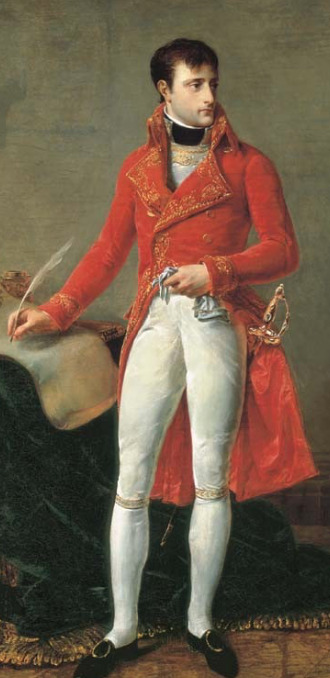
Once again, he shows off the outfit well, but he looks very tired and almost bored - and this time, he doesn't even have an exciting battlefield backdrop, only a boring office! He is yet to learn how to slay. 3/10.
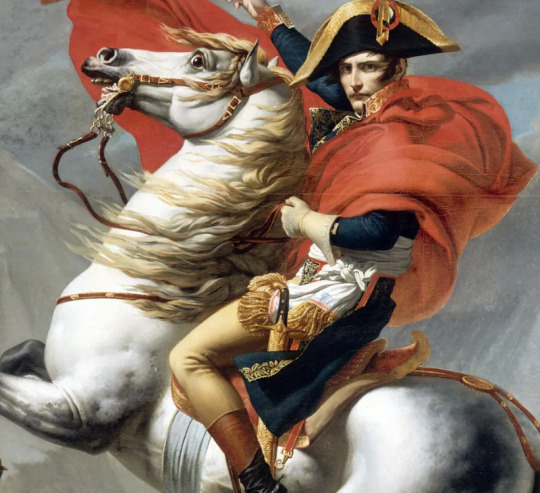
Now THIS is a good one. He's looking at the camera. He's posing dramatically. He's showing off his trendy hat. I am mildly concerned for his horse, but we're talking about Napoleon here. 10/10.
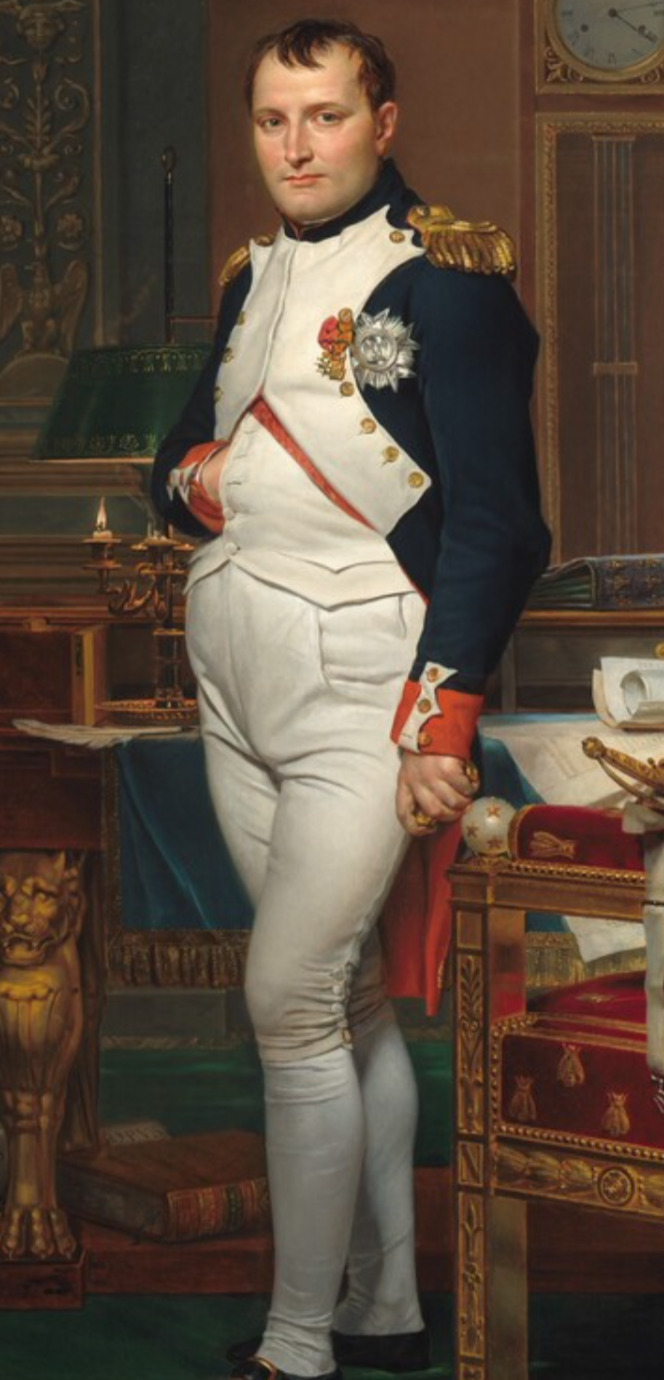
Boring and unimaginative pose (although I suppose he is showing the fact that his outfit has pockets, which is important information for anyone wishing to buy a Napoleon outfit). At least he's looking at the camera. But overall, this picture just lacks any drama. He learned how to slay, and now he neglects his newfound abilities? Disappointing. 3/10.

It would be hard not to look good with this fancy outfit! Look, he's even holding a sceptre to show how regal he is! His face looks a little blank and soulless, but combined with his fancy clothing it makes him look powerful and imposing rather than tired. 8/10.
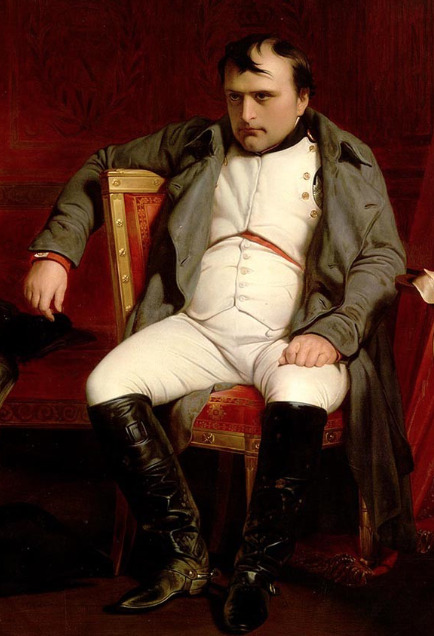
Napoleon has finally mastered the art of dramatic posing. You can practically feel the drama radiating from this picture. ...However. He looks very, very grumpy, not in a grumpy-resting-face way, but in a genuinely angry way. But at least he's learned how to make facial expressions for his photoshoots! Who knows, maybe his grumpy appearance is part of his artistic vision! I'll give him the benefit of the doubt. 9/10.
#history#napoleon#napoleonic era#napoleonic shitpost#napoleon bonaparte#art history#napoleonic#french history#frev#first French empire
149 notes
·
View notes
Text
"To rule in France one must either be born in grandeur... or else be capable of distinguishing oneself above all others."
- Napoleon Bonaparte, to his brother Joseph
#napoleon i#napoleon#napoleon bonaparte#first french empire#french history#joseph bonaparte#sunglassesnovel#bonaparte family
48 notes
·
View notes
Text
youtube
Took matters into my own hands and made a Waterloo 1970 Marshal Ney fancam to Waterloo by ABBA! This took like 5 hours to make so please enjoy!
uhhh *cough* hit that like button and smash the subscribe button and comment what you think 👍
#napoleonic era#shitpost#michel ney#marshal ney#napoleon's marshals#fancam#waterloo#waterloo 1970#marshal ney fancam#french history#first french empire#napoleonic#napoleonica#Youtube
41 notes
·
View notes
Text

The Coronation of Napoleon - Jacques-Louis David (1805-1807)
🇫🇷
#the coronation of napoleon#oil on canvas#painting#neoclassical#jacques louis david#napoleon bonaparte#emperor of the french#josephine de beauharnais#empress of the french#first french empire#royal coronation#19th century art#french history#napoleonic era#louvre museum#paris#western civilization
12 notes
·
View notes
Text
Sharing a drawing of a young Napoleon Bonaparte

#napoleon#napoleonic wars#napoleonic era#napoleonic#first french empire#napoleon bonaparte#artists on tumblr#art#small artist#traditional art
35 notes
·
View notes
Text
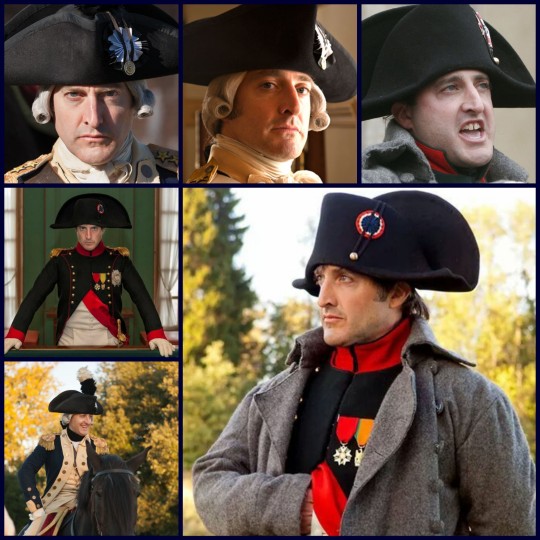
My Dear Fellow Mark Schneider fans, feel free to post your own story in the comment section under this post, on how you discovered this man!
#napoleon bonaparte#marquis de lafayette#mark schneider#reenactment#history#history crushes#american revolution#french revolution#first french empire#banastre tarleton#benedict arnold#education
11 notes
·
View notes
Text
Napoleon and Nicolas Appert: The invention of canned food
“Although he [Napoleon] continued so far as possible the Revolutionary practice of having armies live off the land, he also did his best to develop an efficient commissariat. A famous part of his supply system was canned food, particularly meat, for the army. Nicholas Appert had started the food-canning industry in 1804, building a factory that employed fifty people. His method prescribed putting the food in glass jars, which were next carefully stoppered, and then cooked in boiling water for lengths of time varying with the type of food. The navy first used the canned food, with great success even on extended cruises. In 1810 the Minister of the Interior awarded Appert 12,000 francs on condition he make his process public.”
— Robert B. Holtman, The Napoleonic Revolution
The inventor of canning, Appert, deposited samples of his invention to the imperial government in 1809, specifically to the Society for the Encouragement of National Industry [Société d'Encouragement pour l'Industrie Nationale].
He published his findings in 1810, titled: Le livre de tous les ménages ou l'art de conserver pendant plusieurs années toutes les substances animales et végétales [English tr: The Art of Preserving All Kinds of Animal and Vegetable Substances For Several Years]. It was “a work published by the order of the French Minister of the Interior, on the report of the Board of Arts and Manufactures”.
For his discovery, the government paid him 12,000 francs and gave him free lodgings and a workshop in the Hospice des Quinze-Vingts. Every prefecture in the French Empire was supplied with a copy of his book, and the prefects were assigned the responsibility of disseminating the information widely. Two more editions were created under the empire, and another in 1831.
His factories were ransacked and destroyed during the invasions of France in 1814 and again in 1815. He was able to rebuild and won several gold medals from the Society for the Encouragement of National Industry and eventually became a member of the Society.
Appert is quoted as saying “I sacrificed everything for humanity, all my life”.
Additional Sources:
English translation of Appert’s 1810 publication
Nicolas Appert inventeur et humaniste, Jean-Paul Barbier, 1994 (Fondation Napoléon)
Collection A. Carême: Le conservateur 1842 (archive.org)
Defining Culinary Authority: The Transformation of Cooking in France, 1650-1830 by Jennifer J. Davis
#he’s my hero 😭#Nicolas Appert#Appert#Napoleon#napoleon bonaparte#canned food#Robert B. Holtman#Holtman#the Napoleonic revolution#napoleonic era#napoleonic#canned#canning#first french empire#french empire#19th century#history#Jean-Paul Barbier#Barbier#culinary history#french history#napoleonic wars#coalition wars#1800s#food#food history#gastronomy#Napoleonic reforms#reforms#Napoleon’s reforms
18 notes
·
View notes
Text


Black empire style gown
Tulle and silk
C. 1800-1810, Napoleonic era
Centraal Museum, Utrecht
#dresses#dress#centraal museum#CMU#fashion#napoleonic era#napoleonic#first french empire#french empire#19th century#france#history#tulle#silk#pretty#fashion history#history of fashion#historical fashion#1800s#regency#empire style#regency fashion#jane austen#1800s fashion
4K notes
·
View notes
Text
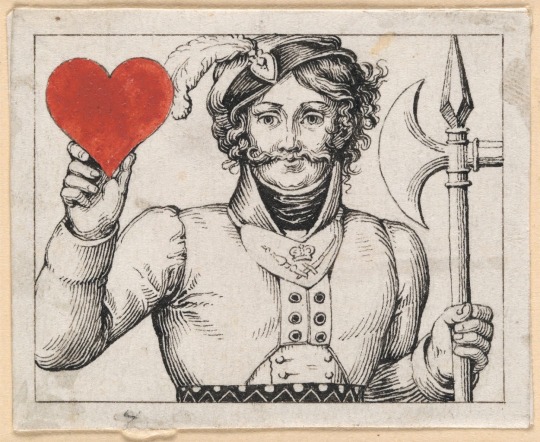
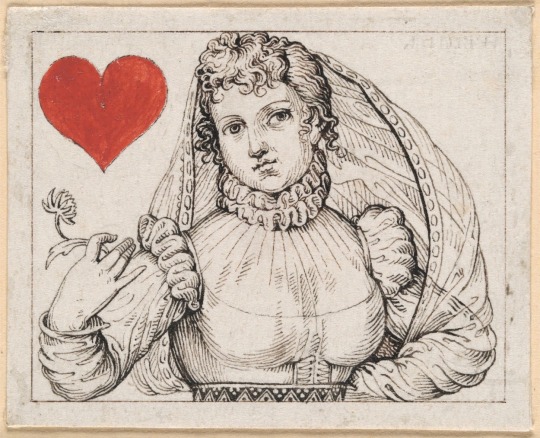


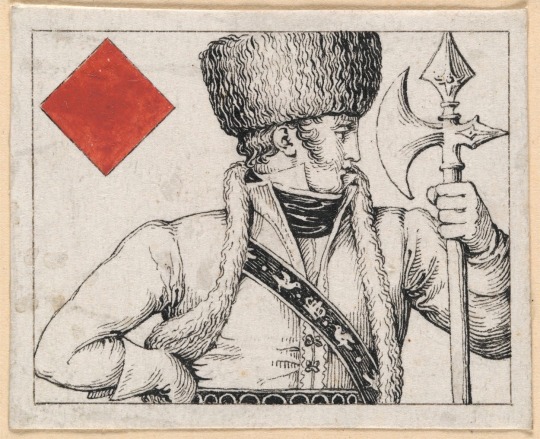
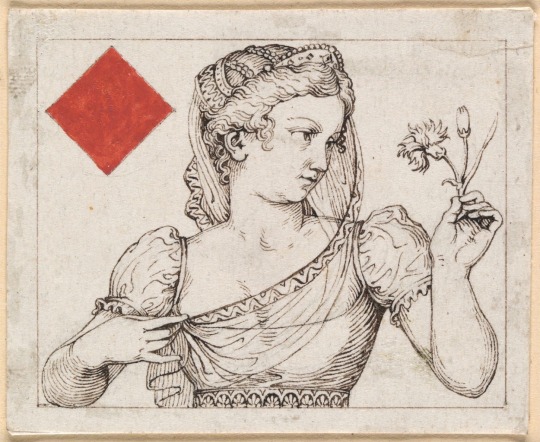
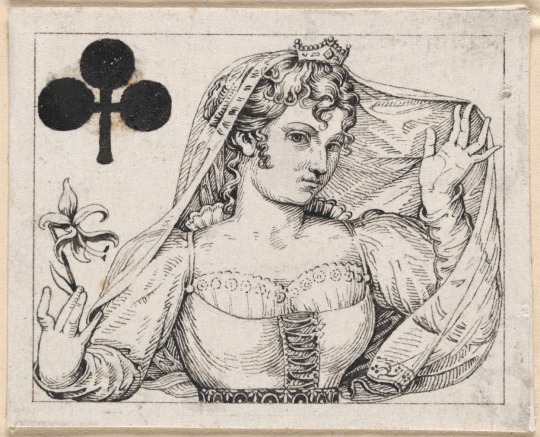
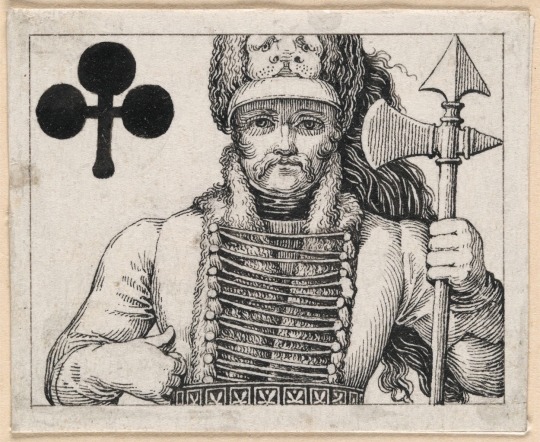
Y’all look at this set of Napoleonic playing cards I found by Philipp Otto Runge, early 19th century.
They depict figures from the Napoleonic era including famous military figures and women wearing really pretty empire style.
The first one is supposed to be Murat.
Source: Hamburger Kunsthalle
#Philipp Otto Runge#napoleonic era#19th century#card#playing cards#deck of cards#card deck#cards#illustration#art#drawing#empire style#french empire#first french empire#german art#german#Germany#France#empire#19th century art#Napoleonic#artifact#artifacts#pretty#fashion#history of fashion#fashion history#historical fashion#military uniform#Murat
4K notes
·
View notes
Text
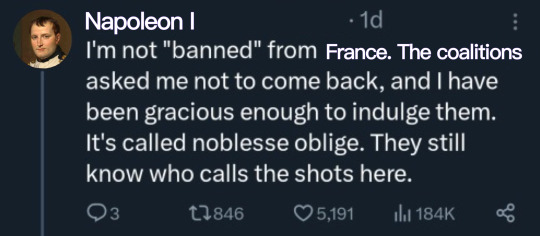
Napoleon on Elba
#my memes#Napoleon#napoleon bonaparte#napoleonic era#first french empire#french empire#meme#memes#napoleonic memes#Napoleon memes#history#history memes#France memes#napoleonic#france#19th century#Elba#mine
417 notes
·
View notes
Text

I am now imagining Napoleon monkey hunting in America and eating coconuts to reflect on his past greatness
#Napoleon#napoleon bonaparte#napoleonic era#Metternich#klemens von Metternich#emperor Napoleon#Marie leopoldine Metternich#meme#Napoleon meme#Napoleon memes#France memes#French memes#history memes#history#frev#french revolution#Napoleonic wars#first french empire#French empire#19th century#1800s#France#napoleonic#humour#humor#funny#history meme#1st empire#book#quote
1K notes
·
View notes
Text



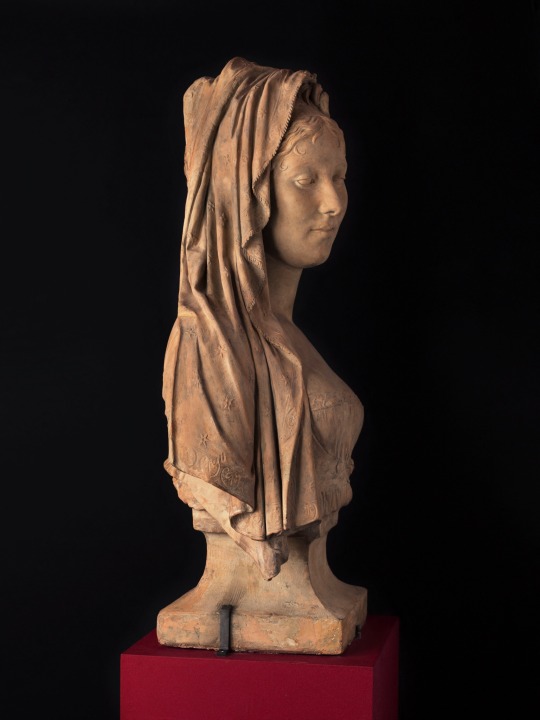

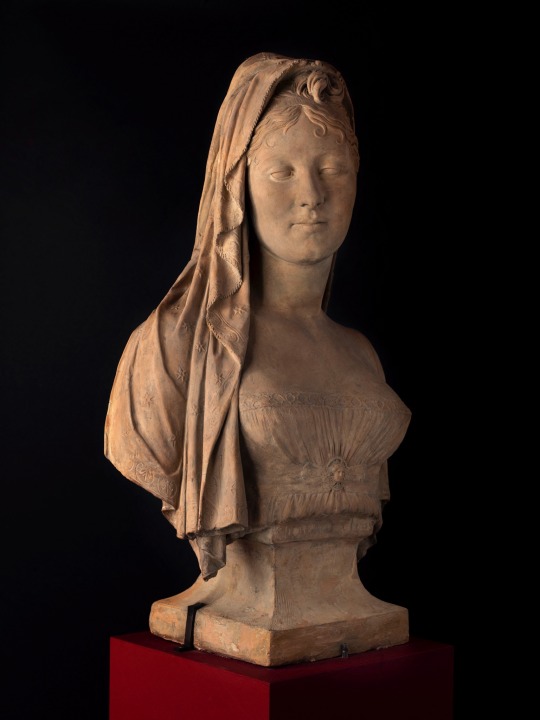


Terracotta bust believed to depict Juliette Récamier
Joseph Chinard
C. 1800-1805, Napoleonic era
Musée Cognacq-Jay
#terracotta#Juliette Récamier#Joseph Chinard#Chinard#Madame Récamier#Récamier#bust#napoleonic era#sculpture#napoleonic#first french empire#19th century#19th century art#1800s art#sculptures#neoclassical#neoclassicism#empire style#veil
435 notes
·
View notes
Text
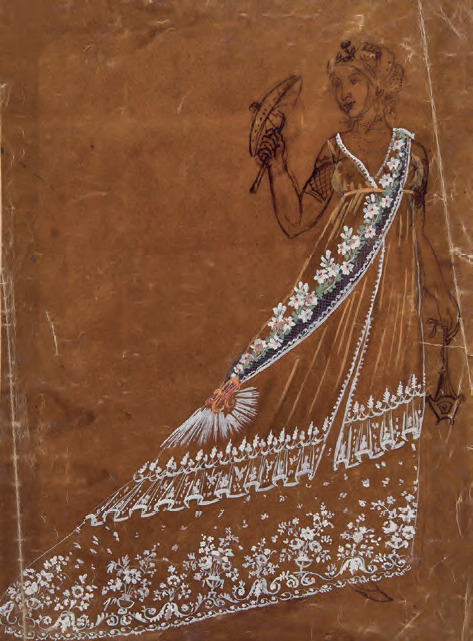
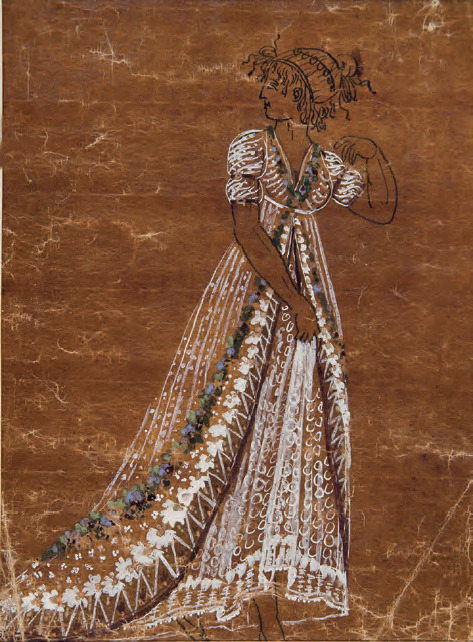
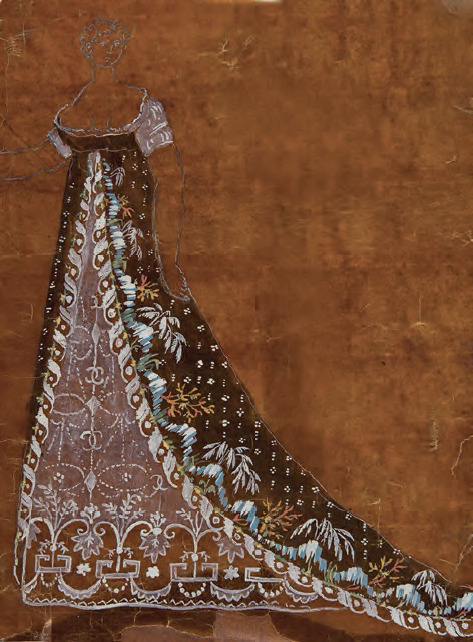

Empire style dress designs made by Jean-François Bony
c. 1803, France, Napoleonic era
#Jean-François Bony#Bony#France#empire style#napoleonic era#napoleonic#French fashion#first french empire#french empire#fashion#fashion history#dresses#19th century#history#history of fashion#historical fashion#19th century fashion#regency#empire#regency fashion#1800s
399 notes
·
View notes